News Archive
2015
-
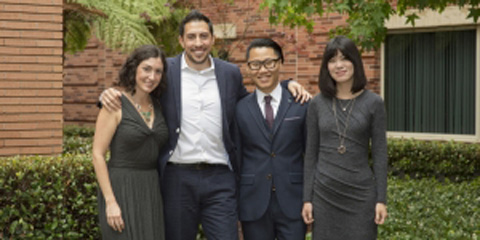
The USC School of Social Work established the first social work doctoral program in the western United States in 1953, and today continues the tradition of educating highly motivated, self-directed individuals interested in a career in research and teaching.
This year's four PhD graduates have studied topics as varied as HIV prevention among the homeless to health outcomes among older adults in rural China. One newly minted PhD, Weiyu Mao, is the first student to graduate from the School of Social Work's joint MSW/PhD program.
-
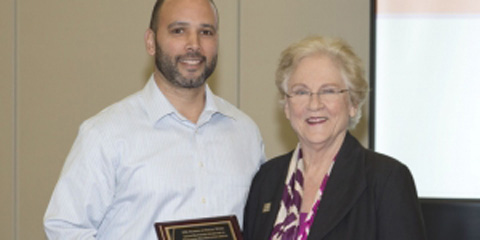
Each year, the USC School of Social Work, the university and other service-oriented organizations honor faculty and students who have made significant achievements in their academic careers and contributions to the USC and at-large communities. Many were honored at this year’s Dean’s Recognition Ceremony, which also recognized new and past student leadership, those on the Dean's List and Dean's Honorable Mentions.
Student Awards and Recognition
-

Jacquelyn McCroskey is the John Milner Professor of Child Welfare at the USC School of Social Work, co-director of the Children's Data Network, and a commissioner of the Los Angeles County Commission on Children & Families. Denise Herz is a professor at California State University, Los Angeles.
Each year, thousands of youth enter the juvenile justice system in Los Angeles County.
-

At the age of three, Lynne Okon Scholnick, MSW ’72, and her older sister, Elsa, were taken to a foster care agency by their father. Her mother became institutionalized for what was then called melancholia, now known as depression, and never returned home. Until Scholnick graduated from high school, she would remain in foster care.
She lived in three different homes throughout her childhood. The first home was kind; the second, where she and her sister lived for 13 years, was not.
-
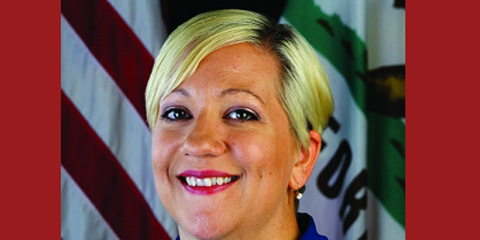
Gena Truitt is a social worker with unique perspectives.
The Navy veteran and USC School of Social Work alumna works at the VA Loma Linda Healthcare System in San Bernardino County, where she interacts directly with veterans as a homeless outreach social worker.
-
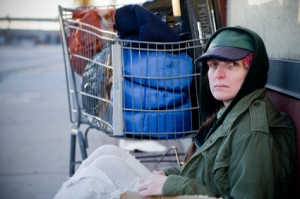
A new report from the USC Center for Innovation and Research on Veterans & Military Families and the Jonas Center for Nursing and Veterans Healthcare offers a four-pronged approach to address homelessness among female veterans. The report is a pointed call to action for government organizations, non-governmental agencies and philanthropic entities to collaborate and provide resources to fill the gaps that make these women vulnerable to homelessness.
-

I just attended the White House Policy Briefing on Youth Homelessness. At this meeting I got to meet Kristopher Sharp, who recently wrote about his experiences as a homeless youth. What was striking about hearing him speak was his pride, not in getting housing, but in the fact that he was going to be graduating from college in a few weeks. And this got me thinking. College. Right. That is what so many homeless youth need.
-

Do people become more religious as they age?
To find the answer, the John Templeton Foundation has funded a new research study by Vern Bengtson, a senior scientist at the University of Southern California’s Edward R. Roybal Institute on Aging at the USC School of Social Work and AARP/University Chair of Gerontology Emeritus at USC’s Leonard Davis School of Gerontology.
-
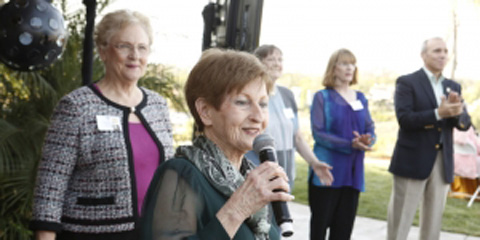
The USC School of Social Work recently launched The USC Social Work Initiative, a $75 million fundraising campaign, at a private event on April 11. Already past its half-way mark, the initiative has secured $40 million over the past four years for scholarships, research and program development, among many other areas.
-
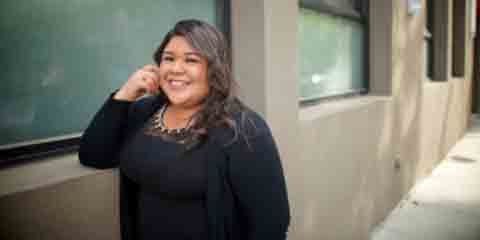
Home for Oralia Catalan used to be a makeshift house under a bridge in the North Bay. She bathed in the nearby river and did homework by candlelight. Often, she and her siblings would take home extra milk and fruits from their school lunches to eat for dinner. This was her reality for more than 10 years.
“I spent my life in survival mode,” she recalled. “I knew that as a child, if I continued to live this way, I wouldn’t be able to help my family. … I would focus on how I was going to survive and how I was going to change the course of my life.”